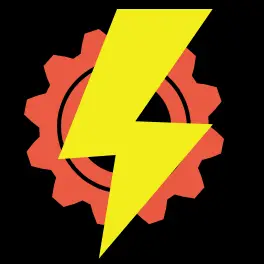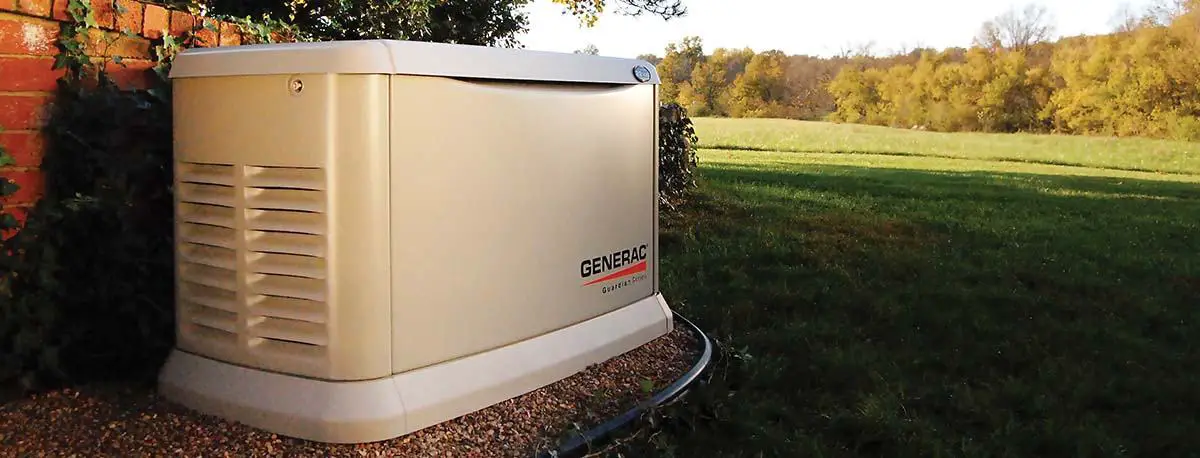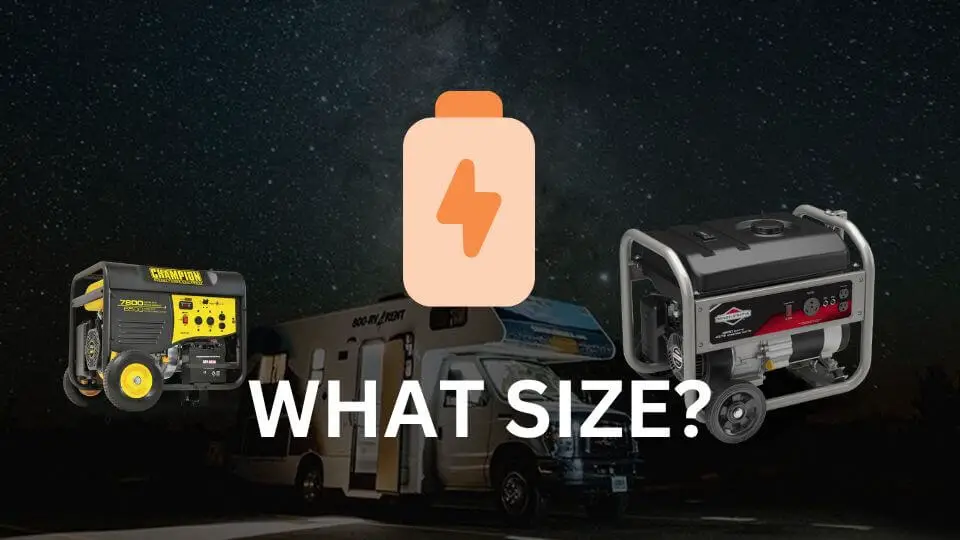This post may contain affiliate links. As an affiliate, we earn from qualifying purchases. We get commissions for purchases made through links in this post.
The short answer is – No. However, it really depends on how much value the whole-house generator realistically adds for you when living in this house. Do you often experience power outages? Is your town or countryside located near the coastline or, maybe there are other severe weather increments that happen frequently such that your house is less valuable without backup power? In this scenario, your home will be considered less attractive to a potential buyer if it does not come with a standby generator installed by you in advance.
Some homeowners may find it more valuable to have a whole-house generator because of the peace of mind it brings, knowing that they will always have power and will never be left in the dark. The value of your home will increase from 3% to 5% with a whole-house generator properly installed. But, this will only make sense if your premises are constantly affected by natural disasters such as tornados, storms, forest fires, snowstorms, etc.
Is a whole house generator worth it?
The whole-house generator is a big investment and it’s not always easy to determine whether or not it is worth the cost. The installation of a standby generator can run anywhere from $1000 to as much as $20,000, depending on the size and type of generator you choose.
The most important thing that you need to understand in advance is how much more comfortable and safe your and your family’s life will become after you’ve installed a standby generator.
If your plan is to just add some home improvement such as a whole-house generator just for the sake of increasing the value of your property, then take a break and think again.
The main reason for adding a standby power generator should be the benefit that it will bring to your specific house. This should be your ultimate goal.
Will a standby generator be useful for your house?
How often does the blackout happen in your area and most importantly – how often does your house become affected by power outages? Do you have a lot of appliances like a fridge, a washer, a dryer, and facilities like a heat pump, air conditioner, pool pump, water purification system, and outdoor and indoor lighting? Quite possible that you also have a 24/7 security system and garage door opener.
Will your comfort and safety be put at risk during the long days of outages that happen quite often? In that case, you should really go for a whole-house generator that will not just improve your life quality, but, will definitely add value to your property. Just think of a new house owner having to deal with exactly the same problems that you’ve solved already with the help of a standby generator.
What if the buyer will refuse to pay extra for your house with a standby generator installed for a good reason? Worry not, you can sell a generator separately as used equipment and be able to regain some part of your investment. Just make sure you keep your generator in good condition and have it serviced regularly by an authorized company.

How much does a whole-house generator cost?
The standby generators come in all shapes and sizes, with different prices. The most important thing you need to take into account is the wattage that your generator will be supplied during an outage. This number can range from 6000 watts to 200,000 watts or more!
On average, expect to pay from $1,000 to $6,000 for a whole-house generator without the installation cost.
For example, a 22Kw Generac will cost you around $6,000. A 30Kw Generac will cost you around $15,000. And a 50 Kw Generac standby generator will cost a whopping $19,000! While the smallest 10Kw generator from Kohler can be purchased for around $3,200.
How much does it cost to install a whole-house generator?
Installation of a whole-house generator will always depend on the contractor you choose, the size and type of your home, as well as local codes and permits.
The installation price will vary a lot depending on many factors, but, expect to pay at least $1,000 and up to $10,000. Having said that, professionals state that when purchasing a whole-house generator, you should assume the installation cost to be around the same as the price of the generator.
For example, if you get a 22Kw Generac for $6,000 or more, you’d better double the amount you will have to spend on a project, so, it would cost you from $10,000 to $12,000 to install such a generator.
However, don’t forget to check local businesses for special offers. Quite often you will find it cheaper to get a packaged deal from one company that distributes standby generators and offers an installation service + yearly service of the equipment.

How long does a whole-house generator last?
A standby generator has a lifespan of around 25 to 30 years. Provided that you have it serviced and maintained regularly, as per the manufacturer’s instructions.
The average 3,000 hours of run time for a backup generator like Generac will spread over these 25-30 years evenly since you don’t have to run it for weeks in most cases.
Now, because the end of life of these generators will get close after 100-125 years of operation, you must keep that in mind and consider in advance how often you need to run a whole-house generator per year.
A generator that is almost at the end of its life will add less value to your house compared to just a recently installed one.
You must also keep in mind that you will need to provide proof of regular service and the number of hours remaining for the standby generator to the new potential owner. This should be easy if you choose a licensed dealer to purchase the generator and perform regular maintenance.
Conclusion
A standby generator can be a great addition to your home and definitely add value to your property, but only if actually improves your house.
Make sure you consider all the factors involved before making a purchase. Get quotes from different contractors for installation and compare the prices of generators before making a decision. And don’t forget to factor in the cost of yearly service and the lifespan of a particular model.



